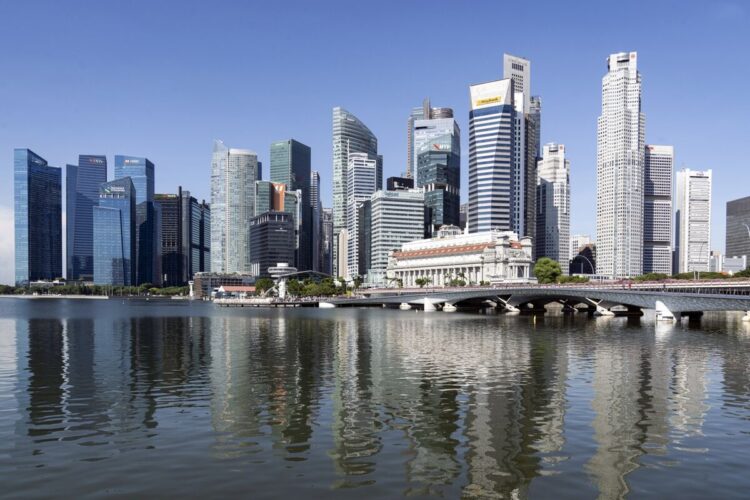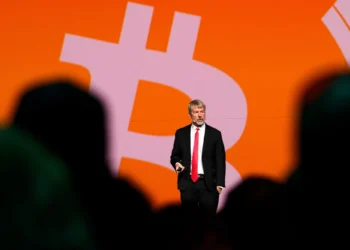Singapore appears to have edged ahead of Hong Kong in the race to become the leading crypto hub in Asia.
Both cities are vying for dominance by introducing specialized regulatory regimes, tokenization initiatives, and innovation-driven sandboxes.
However, Singapore’s proactive licensing strategy and robust fintech initiatives may have tipped the scales in its favour.
In 2024, Singapore issued 13 new crypto licenses, doubling the total from the previous year, according to Business Times. Notable recipients include major exchanges like OKX and Upbit, along with prominent firms such as Anchorage, BitGo, and GSR. This city-state’s rapid and comprehensive regulatory framework has made it attractive to top-tier players in the crypto industry.
READ MORE: Coinbase Launches Engineering Hub in Singapore to Support Local Crypto Community
In contrast, Hong Kong has faced delays and challenges in its licensing process. While it has fully licensed seven platforms—including four approved under restrictions in December—exchanges like OKX and Bybit withdrew their applications without explanation. Hong Kong’s cautious regulatory approach permits trading only in highly liquid assets like Bitcoin and Ethereum, restricting smaller, more volatile tokens.
RELATED: Evaluating Hong Kong’s Drive to Be a Crypto Powerhouse
Angela Ang, senior policy adviser at TRM Labs, told Business Times that Hong Kong’s stricter policies on asset custody and token listings have likely “tipped the balance in Singapore’s favour.”
Further compounding Hong Kong’s challenges is its unique relationship with China, where crypto trading is banned. David Rogers, regional chief executive at market maker B2C2, reportedly explained that Hong Kong’s unique relationship with China creates a different risk profile compared to other countries. He added that Singapore’s more supportive environment makes it a “safe, long-term choice” for a regional hub.
Singapore’s rise is bolstered by initiatives like the Global Finance and Technology Network (GFTN), which the Monetary Authority of Singapore (MAS) launched in October 2024. The GFTN initiative is expected to focus on payments, tokenization, AI, and quantum computing. Notably, it builds on previous initiatives like regulatory sandboxes, cross-border payment linkages and tokenization projects, all of which have contributed to cementing Singapore’s position as a global crypto and fintech leader.
If you want to read more news articles like this, visit DeFi Planet and follow us on Twitter, LinkedIn, Facebook, Instagram, and CoinMarketCap Community.
“Take control of your crypto portfolio with MARKETS PRO, DeFi Planet’s suite of analytics tools.”





















